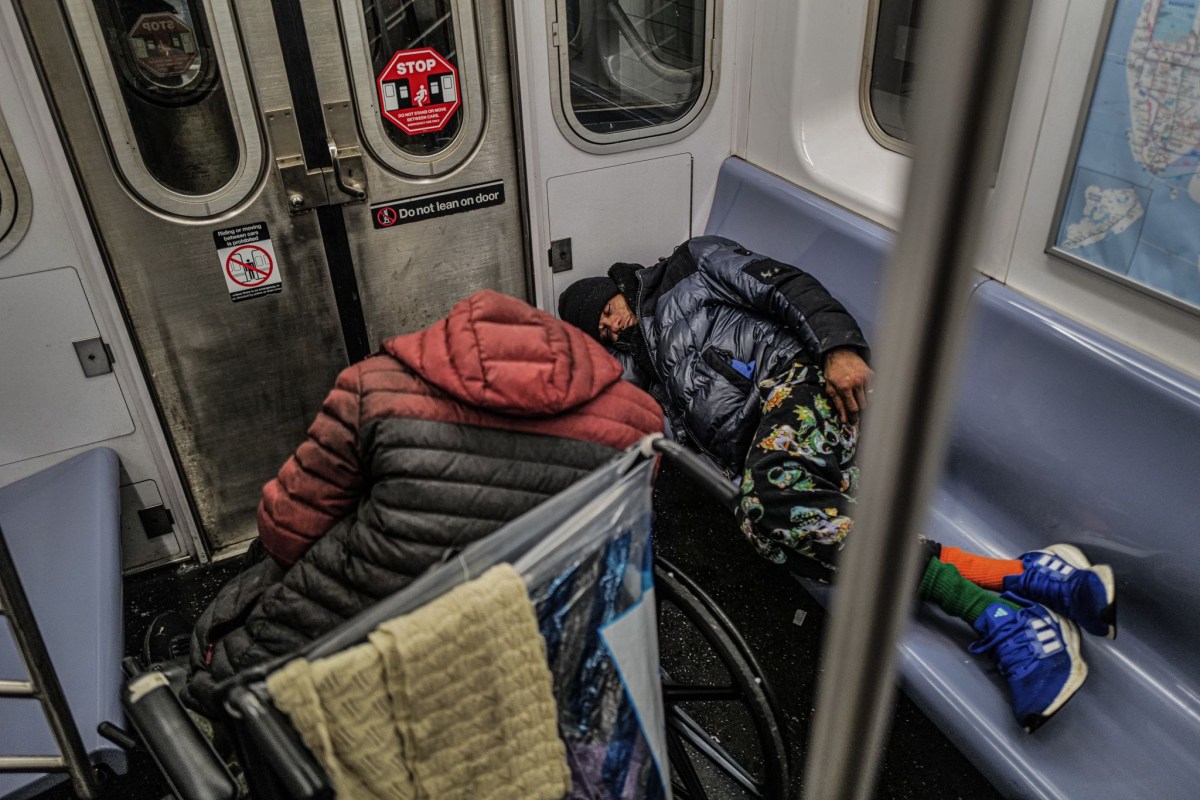(Changes description in paragraph five)
MODESTO, Calif. (Reuters) -Former U.S. Army interpreter Hamidullah Ehsan saw what was coming.
Two weeks before the Taliban forces marched into Kabul this month, he managed to get his mother and two siblings out of Afghanistan. They are now registered with the United Nations refugee agency in neighboring Tajikistan.
It is a huge relief for Ehsan, who translated for multiple army units in Kandahar from 2008 to 2012 during the 20-year war against the Taliban and fears reprisals from the militants.
“They’re asking for interpreters, asking for people that are in the military, asking for all those people and they’re going to kill them,” he said, citing videos online showing what he said were militants going door-to-door.
Ehsan now lives in Modesto, California, after securing a Special Immigrant Visa, designed for people who worked with the U.S. military, in 2015.
One of his sisters is still in Kabul with her husband and infant child. Ehsan has put her name on an evacuation list and is prepared to do whatever it takes to get her out.
“All I want from the U.S. government is to call her and ask her to come to the airport. I’m ready to pay her tickets back here,” he said. “All I want is for her to be safe.”
Thousands of desperate Afghans and foreigners have crowded the airport in the capital Kabul, where U.S. and Western military forces are keeping open a last avenue of escape from the new Taliban rulers.
Ehsan is most concerned for the women like his sister who remain in Afghanistan. He believes a return to the harsh version of Islamic law the Taliban enforced while in power from 1996 to 2001 will be disastrous for women’s rights.
The Taliban barred girls from school, kept women from working and forced them to cover their faces and be accompanied by a male relative outside their homes.
“There was a lot of progress that happened back in Afghanistan but now everything will be zero,” Ehsan said. “What are they doing to do, stay at home? Nothing. No school. No universities. No talking. Just covering themselves up.”
In their first news conference after taking Kabul, the Taliban said women would be allowed to work and study “within the framework of Islam”.
Ehsan vehemently disagrees, saying the Taliban are the same as before.
“They’ve never been changed,” he said. “I cannot compare them to any human being on the planet. They’re more dangerous than anyone you think of.”
(Reporting by Nathan Frandino; Editing by Karishma Singh and Christian Schmollinger)

























